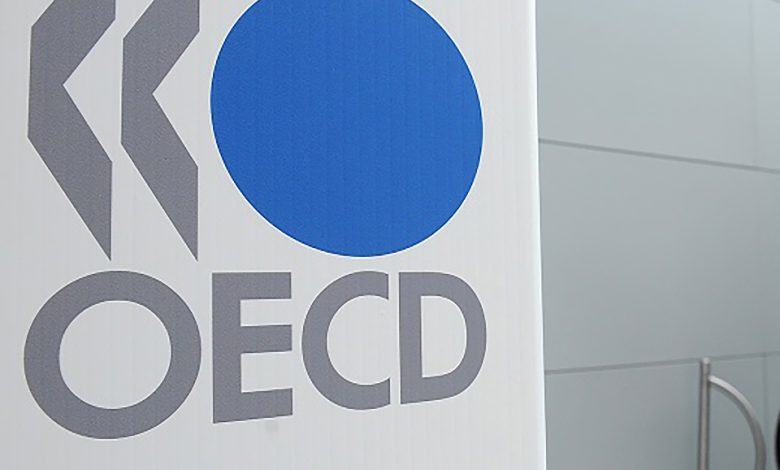OECD sees global growth stabilising at 3.2% this year

GLOBAL growth is in the process of stabilising as the drag from central bank rate hikes fades and falling inflation boosts households’ incomes, the OECD said on Wednesday (Sep 25), marginally raising its outlook for this year.
The world economy was projected to grow 3.2 per cent both this and next year, the Organisation for Economic Cooperation and Development forecast, nudging up its 2024 forecast from 3.1 per cent previously while leaving 2025 unchanged.
As the lagged impact of central bank tightening evaporates, interest rate cuts would boost spending going forward while consumer spending benefited from lower inflation, the OECD said in an update of its latest economic outlook.
If a recent decline in oil prices persists, global headline inflation could be 0.5 percentage points lower than expected over the coming year, the Paris-based OECD said.
With inflation heading towards central bank targets, the OECD projected that the US Federal Reserve’s main interest rate would ease to 3.5 per cent by the end of 2025 from 4.75 to 5 per cent currently and European Central Bank would cut to 2.25 per cent from 3.5 per cent now.
US growth was expected to slow from 2.6 per cent this year to 1.6 per cent in 2025 though interest rate cuts would help cushion the slowdown, the OECD said, trimming its 2025 estimate from a forecast of 1.8 per cent in May.
The Chinese economy, the world’s second-biggest, was seen slowing from 4.9 per cent in 2024 to 4.5 per cent in 2025 as government stimulus spending is offset by flagging consumer demand and a real estate rut.
The eurozone would help make up for slower growth in the two biggest economies next year with the 20-nation bloc’s growth forecast to nearly double from 0.7 per cent growth this year to 1.3 per cent as incomes grow faster than inflation.
The OECD hiked its outlook for the UK economy amid high wage growth, projecting the UK economy expanding by 1.1 per cent in 2024 and 1.2 per cent in 2025, up from May forecasts for 0.4 per cent this year and 1 per cent next year. REUTERS





